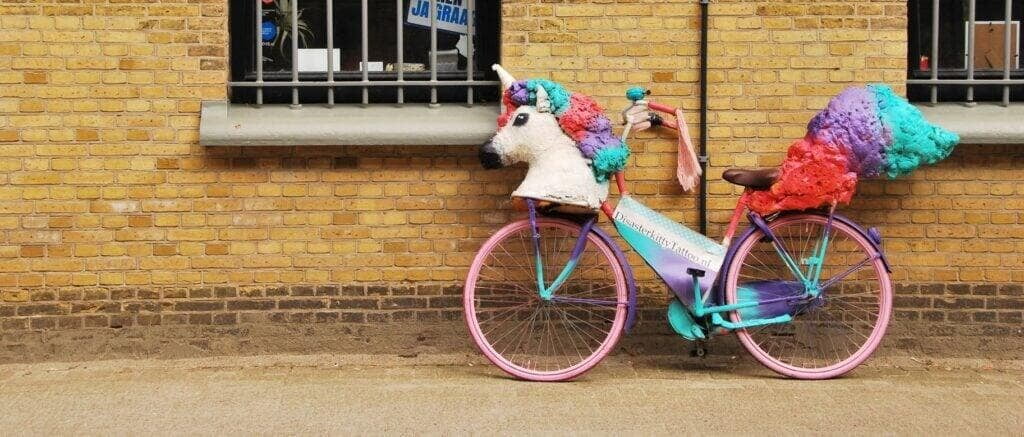
The q-commerce business model for groceries is likely to inspire the development of similar strategies in other industry sectors. But how did the on-demand grocery marketplaces rise to the status of unicorns?
The 6 unicorns for on-demand grocery delivery
The pandemic has reinforced the desire and need for instant delivery. Q-commerce focuses on timely delivery — within 60 minutes — with maximum product availability. For businesses, fast delivery requires effective technology throughout the process. This goes from receiving and communicating the order to a local fulfillment network, to managing the delivery operations.
6 q-commerce grocery brands have been able to achieve unicorn status and gain worldwide recognition:
- GoPuff: Philadelphia-based, available in over 1,000 cities across the US, UK, & France.
- Gorillas: Berlin-based, expanded to operate in 8 countries within 2 years of activity.
- Getir: Istanbul-based, offering on-demand grocery delivery in 9 countries.
- Glovo: Barcelona-based, serving more than 40 cities around Europe, Western Asia and Africa.
- Jokr: New-York-based, operating across the United States and Latin America.
- Flink: Berlin-based, present in 4 European countries.
Other name-worthy grocery q-commerces growing fast in 2022 include Rappi in Brazil, foodpanda in Southeast Asia, and OniGO in Japan.
Q-commerce success relies on the ability to create an all-encompassing marketplace platform. At eddress, we're a B2B SaaS online marketplace enabler committed to supporting businesses with the tools they need to build, manage, and scale their online store. We are experienced in the tech needs for q-commerce business models, as we provided Gorillas in 2020 with a decentralized and automated end-to-end platform to achieve their objectives.
For new quick commerce players, the time- and cost-demanding tech development process as well as the complexity of operations can slow down business launch and growth. That's precisely why eddress recommends partnering with a white-labeled marketplace enabler that understands your challenges and requirements.
What is the future of the q-commerce model?
Technology cost and build remain some of the main obstacles businesses face when approaching this business model. An in-house developed marketplace solution can provide an integrated management platform that is unique to the business. However, the investment in time and capital can make it challenging, without mentioning integration issues with the existing infrastructure. Indeed, it can take more than 2 years to develop the appropriate technology from scratch, during which competitors can easily get ahead. Time is a luxury companies cannot afford to waste.
As the need for on-demand online delivery grows, we are observing more and more industry sectors, such as retails and beauty stores, choosing to expand their activities through SaaS solutions.
When working with a specialist, sectors morphing into q-commerce must also focus on maintaining profitability and competitiveness. Customizable, white-labeled products provide a valuable approach that doesn't sacrifice the brand's identity for the benefit of technology. eddress is a knowledgeable white-labeled marketplace provider with experience in supporting retails, groceries, cloud kitchens, pharmaceuticals, pet stores, and beauty stores that are more and more embracing q-commerce strategies.
We can expect the rise of new unicorns in q-commerce for different industry sectors in the upcoming years. As q-commerce is here to stay, the question of profitability and contribution margin is a crucial aspect for long-term growth. Consequently, what can you do to increase profitability?
